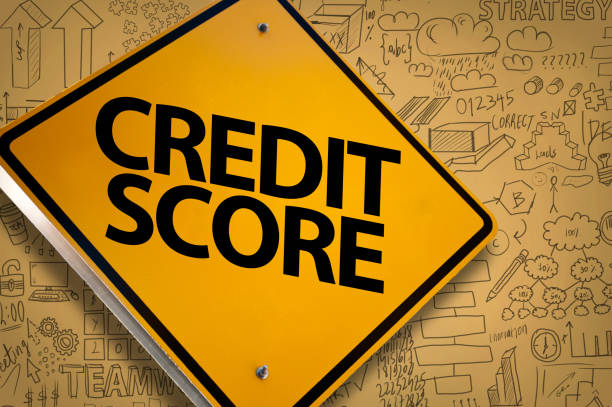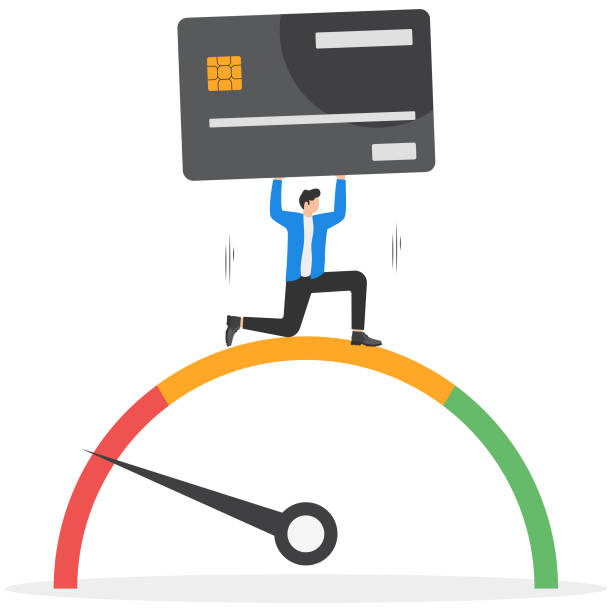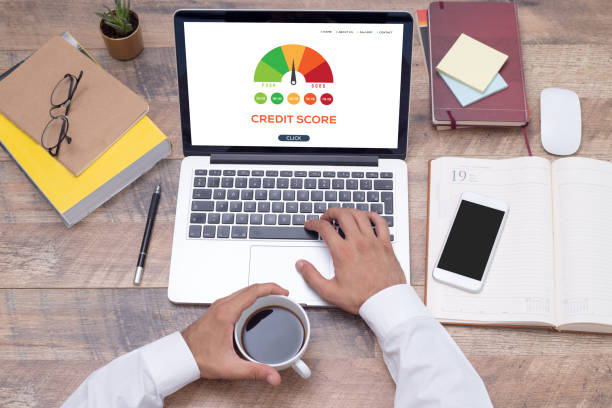Your credit score is a vital factor when seeking a loan or any form of financing. A higher credit score not only increases your chances of loan approval but also unlocks more advantageous deals, including reduced interest rates. If your credit score needs improvement, taking steps to elevate it is crucial. In this article, we’ll delve into practical methods to strengthen your credit rating and secure more favorable lending terms
What is a Credit Score?

A credit score is a numeric value that reflects your creditworthiness. This number is based on various factors such as your debt record, timely bill payments, and your overall financial history. Most credit scores range from 300 to 850. A score of 700 or above is considered good, whereas a score of 600 or below might make it difficult to obtain loans or any form of credit.
The good news is that a credit score can be improved with certain necessary actions. First, it is important to understand what factors contribute to a credit score so that you can work towards improvement.
How Does a Credit Score Work?
Your credit score is based on records from various financial agencies and institutions. When you apply for a loan or credit card from a bank or lending company, they check your credit score to determine your reliability. Various factors are considered in calculating your credit score, including your payment history, amount of debt, duration of credit history, and new credit inquiries.
Each factor affects your credit score, so it’s important to manage these aspects carefully. A good payment history improves your score, while defaults or late payments can lower it.
The Importance of Payment History
Your payment history is the largest component of your credit score. Paying your bills and debts on time is beneficial for you. Payment history constitutes 35% of your credit score, so timely payments are crucial. Late payments on any bills or loans can negatively impact your score.
Managing your payments on time can significantly improve your credit score. An effective strategy is to set up auto-pay so that bills are paid automatically and you avoid late payments.
Keep Your Debt Balance Low

A high amount of debt can also harm your credit score. A good policy is to keep your overall debt below 30% of your credit limit. High debt can be a risk factor for lenders and can decrease your score.
If you have multiple loans or credit cards, try to keep their balances low and pay off these debts as quickly as possible. This strategy helps you control your credit utilization.
Do Not Close Old Credit Accounts
Many people mistakenly close old credit accounts thinking it will benefit their credit score. However, old credit history helps increase your score. If your old account has a good payment history, it can positively affect your credit score.
Keeping old accounts open makes your credit history appear longer, which has a positive impact on your score. Closing these accounts is like shutting doors that could enhance your credit reputation.
Control New Credit Applications
Every time you apply for a new loan or credit card, it results in a hard inquiry on your credit score. Applying for too many new credit lines can negatively affect your score. Hard inquiries affect your credit score by 10%.
Therefore, it’s important to limit new credit applications and apply only when necessary. Many people believe that having multiple credit cards is beneficial, but it can actually lower your score.
Clear Overdue Amounts Quickly
If you have any overdue bills or debts, it’s essential to clear them as soon as possible. Overdue payments have a significant negative impact on your credit score and decrease your chances of obtaining loans. Paying off overdue debts improves your score.
The best approach is to keep a daily record of your financial obligations and make payments before they become overdue.
Use a Secured Credit Card
If your credit score is not in good condition, using a secured credit card can be a good option. With a secured credit card, you deposit your own money and then use it, which helps improve your payment habits. It is considered a positive entry on your credit report.
Regular payments on a secured credit card can help improve your credit score. This is especially beneficial for those with low or poor scores.
Consider Debt Consolidation
If you are burdened with too much debt and struggling to make payments, you might consider debt consolidation. This means adjusting your debt under new terms to make it easier to manage.
Debt consolidation can make your monthly payments more manageable and improve your creditworthiness.
Create and Stick to a Budget
An essential part of financial management is creating and sticking to a budget. A budget helps you control your expenses and avoid taking on extra debt.
When your budget is well set, it becomes easier to make timely payments, which is beneficial for your credit score.
Regularly Review Your Credit Report
It’s important for everyone to review their credit report to identify any errors or fraud. Your credit report may contain mistakes that can lower your score.
If you notice any errors or fraud, report them immediately and work to correct them. This helps improve your score.
Seek Credit Counseling
If managing your debt and credit score seems challenging, credit counseling can be a good option. Credit counselors can help you create an effective debt management plan and guide you in making sound financial decisions.
Adopt Consistent Financial Discipline
Improving your credit score is a time-consuming process, but adopting consistent financial discipline can help you achieve better loan terms.
Diversify Your Credit Mix
Holding different types of credit, such as a mortgage, auto loan, and credit card, can diversify and improve your credit score.
Patience and Planning
Your credit score won’t improve overnight. This process takes time. Use patience and good planning to achieve better loan terms.
